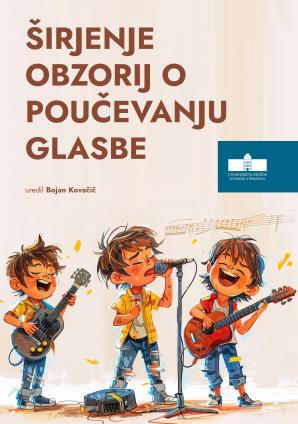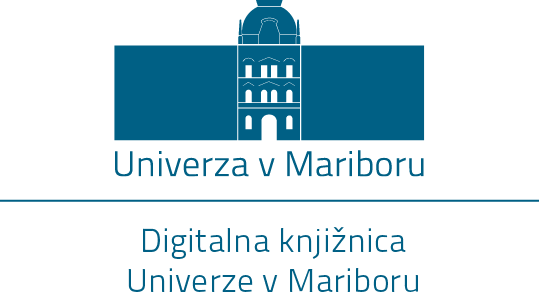Učenje glasbe s pomočjo petja
Kratka vsebina
V tem poglavju je opisano petje kot temeljni del učnega načrta za glasbeno umetnost, ki spodbuja celosten razvoj glasbenih veščin pri učencih. V prvem vzgojno-izobraževalnem obdobju petje omogoča otrokom, da se na naraven in praktičen način spoznavajo z osnovami glasbene teorije, kar vključuje prepoznavanje ritma, melodije in tonalitete. Poleg kognitivnih koristi petje spodbuja tudi socialni razvoj otrok (skupinsko petje). Raziskave kažejo, da glasba ustvarja pozitivno učno okolje, ki zmanjša stres in poveča motivacijo. Učenci so bolj angažirani, ko vključujejo glasbene elemente v svoje učne aktivnosti, kar vodi do boljših učnih izidov. Z inovativnimi pristopi, kot so učne pesmi Katje Gruber in predstava »Kraljestvo glasbe« Tadeje Vulc, se učenci aktivno vključujejo v proces učenja. Te metode ne le bogatijo učni proces, temveč pri otrocih spodbujajo kreativnost in izražanje. Petje tako postane ključno orodje za motivacijo in angažiranost pri učenju ter prispeva k celostnemu razvoju mladih posameznikov.







